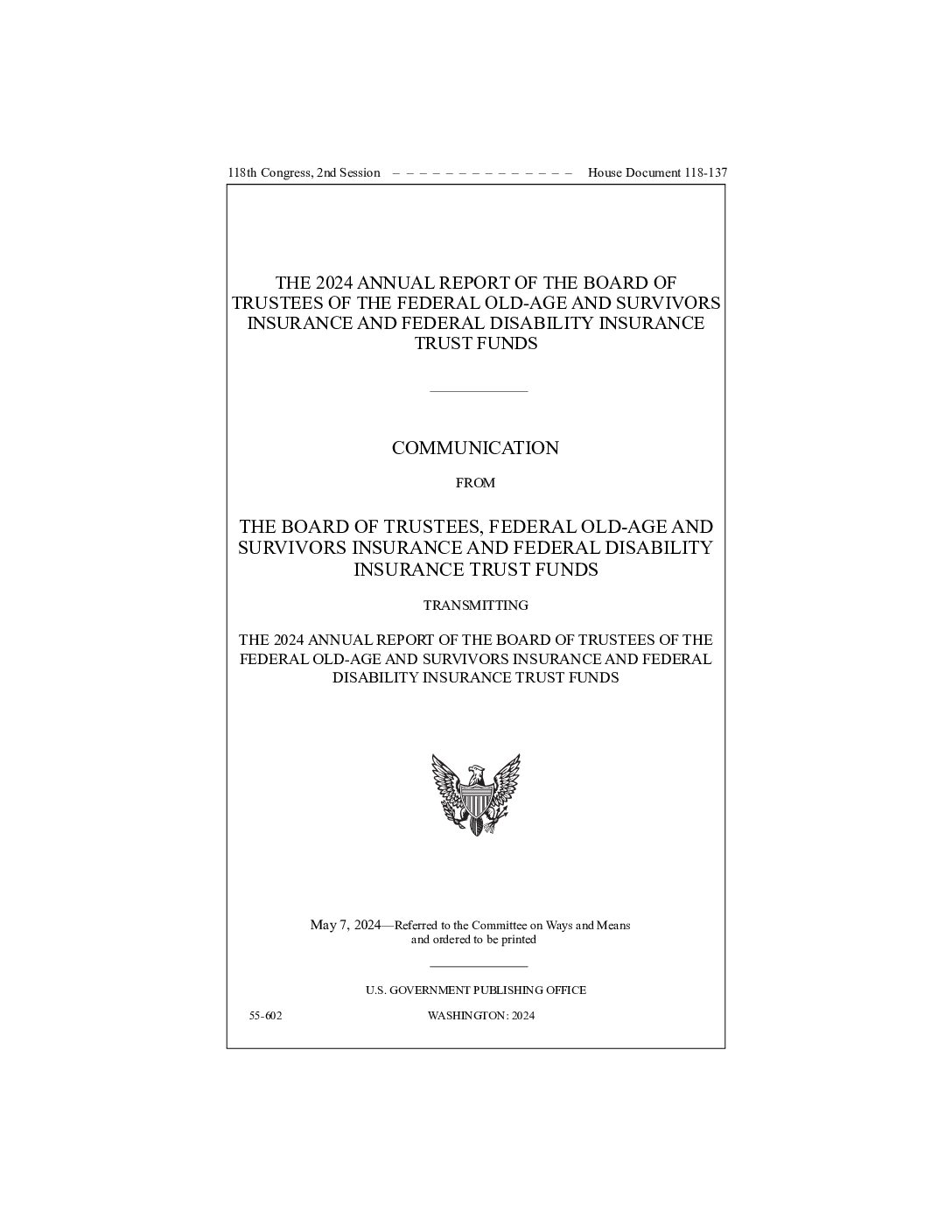Impacto del sistema de pensiones en el mercado laboral: una revisión bibliográfica (2015-2020)
Por Yassir Eduardo Bonifacio Martínez Este artículo describe el estado de la literatura científica en el periodo 2015-2020 del impacto del sistema de pensiones en el mercado laboral. Para ello, se utilizó la metodología PRISMA para la búsqueda y selección sistemática de artículos científicos. Como resultado se encontraron 40 150 artículos alojados en las diferentes bases de datos y repositorios académicos y 16 cumplieron con los criterios de inclusión y exclusión. El 43.8% de estas investigaciones realizaron un estudio exploratorio...










